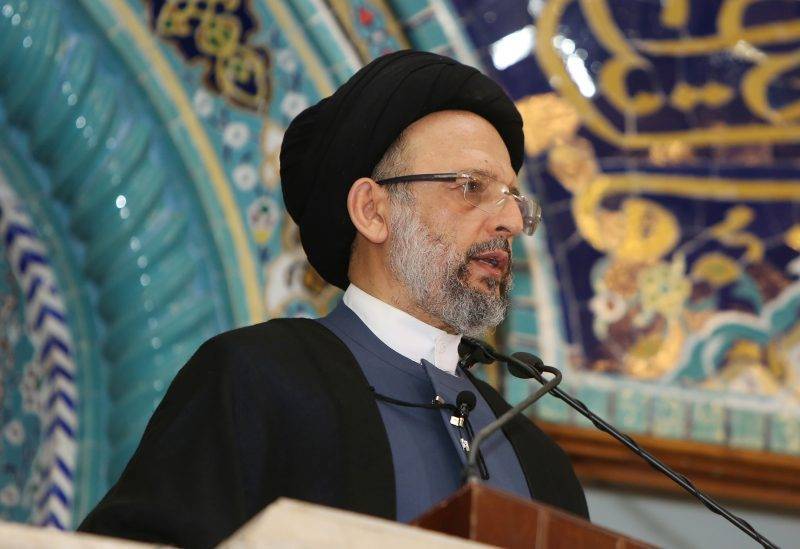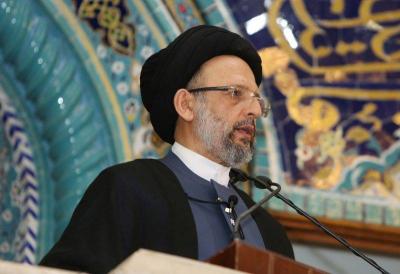In his speech today, scholar Sayyed Ali Fadlallah expressed his fears about "the acts of violence, crime, and terror occurring in the country, and the repercussions of this social scene leading to more disturbances that may escalate into social and security chaos," considering that "we do not see any light at the end of the tunnel for the formation of a government." He pointed out that "we have been raised on a reality that rejects the process of criticism and deals with those in positions of responsibility with a mentality of sanctity."
He stated, "We view the gradual increase in crime rates in Lebanon very seriously, with a variety of crimes ranging from domestic and familial violence to violence stemming from thefts or revenge motives among others. However, ultimately, we cannot separate this bloodshed from the living, economic, or psychological conditions faced by the Lebanese people, while acknowledging that there are specific reasons that may cause some crimes, which occurs in Lebanon and elsewhere." He added, "The real danger lies in the indifference exhibited by those in major positions of responsibility, who overlook these crimes, or in the way they assess their current and future danger to Lebanese society, which has become a prisoner of general fear and psychological tensions, in addition to the state of terror reflected in the destructive tension many endure due to the recurrence of these crimes or amidst the gunfire that occurs due to problems or celebrations of public or private occasions."
He called on "responsible officials to seriously consider the incidents of violence and terror taking place, as I fear that the social scene, burdened with all the dangers of hunger and psychological and social pains, is influenced by the political scene exacerbated by emotional speeches and reactions among officials, as well as on social media pages, leading to more disturbances that may turn into social and security chaos, causing people to lose their balance under the pressure of problems while the political class lives in illusions of maintaining its interests, influence, and ambitions."
He considered that "in light of the comprehensive collapse affecting the country on all levels, we see a return of disputes among officials, passing the responsibility between them, and exchanging accusations, resembling a flight forward and a retreat from general calculations and all that threatens the country into a cycle of destructive and narrow personal calculations, the consequences of which the Lebanese have known and which we are still reaping to this day. Those in authority know better than anyone else that gaining personal benefits while the country collapses represents a huge loss, as we are now faced with the decisive truth that the country is neglected and left to its fate after the outside world has observed the way officials have acted and their negligence towards their people and their problems."
He concluded, "We do not see any light in the current tunnel for the formation of a government, but rather more crises and serious accumulations, until those in their ivory towers awaken or there is a strong cry from the people that will pull us out of the deadly stagnation that, if it continues in this manner, will collapse the structure onto everyone's heads." He finished by stating, "We have been raised on a reality that rejects any criticism and does not accept any guidance, whether on an individual or institutional level, considering it a personal and hostile accusation. Furthermore, we see that this is reflected in the state institutions where it is forbidden to inspect or request files or reports, and every entity or group considers this act directed against them and against their sect or party, to the extent that we have endowed those in positions of responsibility with an aura of sanctity, believing they are above criticism and accountability."




